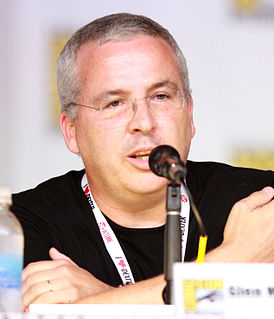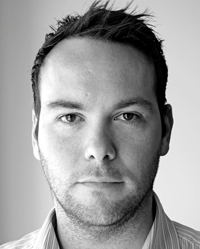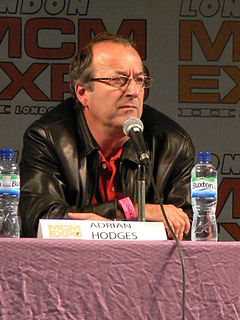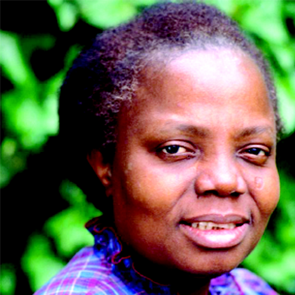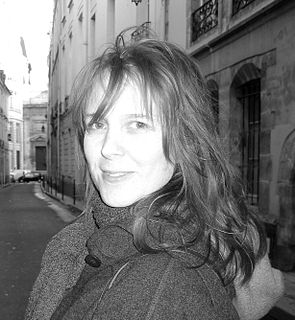A Quote by Glen Morgan
BBC had tried to develop the book, set in England, as a two-hour movie. I went to a meeting and they said, "Look at this," and I thought the book was outstanding. I was like, "Can I do this?"
Related Quotes
I'd say the purest experience for the movie is not to have read the book because I think when you've read the book you're just ticking off boxes. I think that after you see the movie, reading the book is a cool thing. I always say the movie's not meant to replace the book. That's ridiculous. I'm a huge fan of the book.
I was in a store in Halifax, Nova Scotia that I love, sort of like an environmental friendly sort of store. But they had a great book section. So I went in there all the time. The woman who worked there - which I feel so bad; I've forgotten her name - she handed me the book and she said, "Hey, you should read this. I think it would make a good movie." I remember reading the back of it and I was like, "Huh." Then I just devoured the book and I was so moved by it and said, "Why don't we start developing this into a film?" So that's how it ['Into the Forest'] all started.
Isn't it odd how much fatter a book gets when you've read it several times?" Mo had said..."As if something were left between the pages every time you read it. Feelings, thoughts, sounds, smells...and then, when you look at the book again many years later, you find yourself there, too, a slightly younger self, slightly different, as if the book had preserved you like a pressed flower...both strange and familiar.
Writing my first book, I think in hindsight I went into it saying, 'It's gonna sell.' I was earning enough to scrape by sometime around a book or two before 'Tell No One.' I moved up from $50,000 to $75,000, then $150,000 for each book. I had never thought I would be doing anything else. I had enough encouragement.
I always thought that the location of this film [Girl In The Train] was on the train and inside her imagination, and her loneliness and her gaze out the window.Although it was set in England, it didn't feel to me like an overly English book. In terms of the use of cultural references, it was not extreme, so it was very simple to go from England to America in the adaptation.
